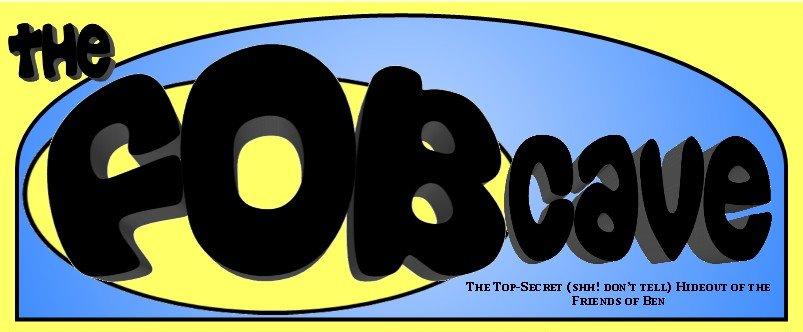 by David Levithan
by David LevithanWhen I first heard about Wide Awake, I immediately put it on my Amazon.com wishlist. I really really liked Levithan's Boy Meets Boy, and the premise of this novel was just plain intriguing: some time in the not-too-distant future, the first gay Jewish president is elected, and it's all thanks to the Jesus Revolution. See, after the Reign of Terror--in which Americans were convinced to fear everything and everyone--and the Greater Depression, a bunch of Christian churches started to ask, "What would Jesus really do?" and they decided that he would love everyone, regardless of race, gender, sexuality, social status, or politics. So gradually the American political climate changes until we get to the present, where the first gay Jewish president has been elected. Except there are still those who cling to old prejudices, one of them being the governor of Kansas, who demands a recall of his state's ballots, therefore putting the president-elect's electoral status in jeopardy.
So I liked the book's premise as much as I knew I would--particularly the way Levithan plays with the intermingling of politics and religion. The problem is that this seems to be the extent of Levithan's unique slant on the topic. A review I read a couple months ago praised Levithan for writing a novel about politics without using the words "Republican," "Democrat," "Conservative," or "Liberal," but regardless of what words he uses, it's clear that this book is talking about Conservatives and Liberals, and the heavily overstated moral of the story is that Liberals are Good and Conservatives are Bad. Which is nice, but thank you very much, I already tend to believe that and I'm not interested in reading fiction that does nothing but pander to my prejudices. I appreciate that you're working so hard to challenge traditional notions of sexuality, Mr. Levithan, but how about doing something to challenge traditional notions of politics beyond flipping the Good Guy and Bad Guy roles (if it can even be argued that you're doing that)? Like, maybe, just perhaps, it's not quite so black-and-white?
The one redeeming moment of this book comes when the main characters are on a bus to Kansas and the fifty-something adults (corresponding more or less to my generation, thirty years from now) stand up and start singing Lauryn Hill's "Everything is Everything." A beautiful moment that almost made the rest of the simplistic-politics-over-story read worth it.







3 comments:
.
This week I've read Mark Twain's Pudd'nhead Wilson and Paul Auster's City of Glass and they were both great. Next time read what I like and you'll be much better off.
I always get so confused during these liberal/conservative discussions - so help me out, please.
A conservative is bad because s/he wants to keep an America where the conditions identified in these quotes existed:
http://thinkexist.com/quotation/america_is_great_because_she_is_good-if_america/10171.html
and a liberal is good because s/he wants to do away with those conditions?
liberals are those believe in the basic goodness of men and want a lot of government regulations.
conservatives are those who think man is basically evil and want to do away with as many laws as possible.
Post a Comment